Industrial facilities operate under some of the most demanding environmental conditions, placing unique stresses on building materials. Selecting appropriate roofing solutions requires careful consideration of factors like chemical exposure, thermal extremes, structural loads, and operational efficiency. In settings ranging from chemical processing plants to manufacturing workshops and material processing facilities like brick kilns, traditional roofing materials can face limitations. Fiber Reinforced Plastic (FRP) Daylight Panels have emerged as a practical consideration for engineers and facility managers seeking resilient and functional roofing systems capable of meeting these multifaceted industrial demands.
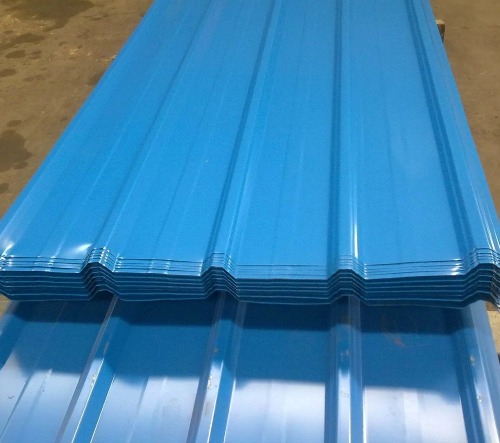
Understanding the Industrial Roofing Challenge
Industrial environments inherently present conditions that test material durability and performance:
· Chemical and Corrosive Atmospheres: Facilities handling acids, alkalis, solvents, or emitting corrosive fumes require materials that resist degradation. Exposure can lead to premature failure in susceptible substances, compromising structural integrity and safety.
· Elevated Temperatures: Processes involving furnaces, kilns, drying operations, or steam generation create zones of high ambient heat. Roofing materials in proximity must maintain stability without warping, cracking, or losing protective properties.
· Physical Stresses: Impacts from falling tools or debris, heavy snow or wind loads, and constant vibration from machinery necessitate robust structural performance. Resistance to punctures and fatigue is essential.
· Prolonged Environmental Exposure: Continuous assault from ultraviolet radiation, moisture cycles, and temperature fluctuations accelerates wear in materials lacking sufficient weathering resistance.
· Operational Efficiency Needs: Large, enclosed industrial spaces often require significant artificial lighting, contributing substantially to energy consumption and operational costs. Balancing natural light ingress with environmental protection is a key design goal.
How FRP Daylight Panels Respond to Industrial Demands
FRP Daylight Panels are engineered composites designed to offer a combination of properties relevant to challenging industrial applications:
1. Resistance to Chemical Degradation: The inherent chemical inertness of the resin matrices used in quality FRP panels contributes to their ability to withstand exposure to a wide range of corrosive agents commonly found in industrial settings. This resistance helps prevent the material breakdown and structural weakening often experienced by metals prone to rust or other corrosive reactions in such atmospheres. This characteristic makes them a candidate for roofing over areas where chemical vapors, acidic condensates, or salt-laden air (in coastal facilities) are prevalent.
2. Performance in Thermal Extremes: FRP panels are recognized for maintaining dimensional stability across a broad temperature spectrum. This thermal stability allows them to perform reliably in environments subject to significant heat, such as near kilns, furnaces, or steam lines, without significant warping or loss of structural capability. They also retain flexibility in colder conditions.
3. Structural Durability and Lightweight Nature: The composite structure of FRP, combining reinforcing fibers within a polymer matrix, creates a material with a favorable strength-to-weight ratio. This translates to panels capable of handling expected loads like wind, snow, or minor impacts, while being significantly lighter than many alternative solid roofing materials like concrete or heavy-gauge metal. This lightness can simplify structural support requirements and handling during installation.
4. Effective Natural Light Integration: A primary function of FRP Daylight Panels is the transmission and diffusion of sunlight. Unlike transparent materials that can create glare and hot spots, quality FRP panels diffuse incoming light, creating a more uniform and comfortable illumination across the workspace. This diffusion reduces harsh shadows and glare, improving visibility for workers and significantly reducing the need for artificial lighting during daylight hours, thereby supporting energy efficiency goals.
5. Inherent Resistance to Environmental Degradation: FRP is not susceptible to rust, unlike ferrous metals. It also resists rot and decay, which can affect organic materials. The gel coat surface provides a barrier against moisture ingress and UV degradation, contributing to the material’s longevity and consistent appearance over time with appropriate formulation.
6. Fire Performance Characteristics: Specific formulations of FRP panels are available with fire-retardant properties. These types are designed to resist ignition and exhibit self-extinguishing behavior, contributing to meeting fire safety standards required in industrial construction and helping to inhibit flame spread in the event of a fire incident.
7. Practical Maintenance Considerations: Due to their resistance to common failure modes like corrosion and rot, and with surfaces designed to shed dirt, FRP roofing systems typically require less frequent and intensive maintenance compared to some traditional materials. This characteristic can contribute to reduced long-term operational disruptions and maintenance costs.
Key Applications in Industrial Settings
FRP Daylight Panels offer practical solutions for various industrial roofing and cladding scenarios:
· Chemical and Petrochemical Plants: Roofing over process areas, storage zones, or bunds where chemical resistance is paramount. Their ability to withstand corrosive atmospheres without corroding is a significant factor.
· Foundries and Metal Processing Facilities: Applications near high-heat sources like furnaces, casting lines, or heat treatment areas where thermal stability is crucial.
· Brick and Ceramic Kilns: Roofing structures enclosing kilns or drying areas benefit from the material’s heat tolerance and light transmission properties.
· General Manufacturing and Warehousing: Large-span factory roofs and warehouse spaces where the combination of durable overhead protection and energy-saving natural lighting delivers functional value. Consistent light diffusion improves working conditions.
· Food and Beverage Processing: Areas requiring washdowns and resistance to moisture and certain cleaning chemicals, coupled with good natural light.
· Waste and Water Treatment Facilities: Environments with high humidity and exposure to potentially corrosive gases or liquids.
· Coastal Industrial Sites: Locations exposed to salt spray and high humidity, where corrosion resistance is a major advantage over untreated metals.
Beyond Simple Replacement: System Integration
The value of FRP Daylight Panels is often maximized when integrated thoughtfully into the overall building design:
· Optimizing Light Transmission: Panels can be strategically placed alongside opaque roofing sections to maximize natural light in work areas while minimizing heat gain in office or storage zones.
· Ventilation Synergy: FRP panels can be effectively combined with natural ventilation systems (like ridge vents) to manage heat buildup and improve air quality, leveraging the natural stack effect.
· Long-Term Building Performance: Selecting materials like FRP that offer durability and resistance to environmental stressors contributes to the overall longevity and reduced lifecycle maintenance costs of industrial structures.
Conclusion: A Viable Solution for Demanding Environments
Industrial roofing presents complex challenges that demand materials offering more than just basic shelter. FRP Daylight Panels provide a combination of functional properties – including notable chemical resistance, thermal stability, structural durability, effective natural light diffusion, and practical maintenance characteristics – that align well with the requirements of harsh industrial environments. They offer a practical alternative where conventional materials may prove less suitable over time.
For facility managers, engineers, and architects designing or upgrading industrial structures, FRP panels represent a technology worthy of consideration. Their ability to contribute to safer working conditions through improved lighting, support operational efficiency through potential energy savings, and provide durable protection against environmental stressors makes them a relevant component in modern industrial building design.
Chuanyabuilding focuses on developing and supplying building solutions, including FRP Daylight Panels, tailored to withstand demanding operational environments. Our approach emphasizes understanding the specific challenges faced by industrial facilities and providing material options designed for performance and longevity in these settings. We prioritize consistent manufacturing quality to ensure reliable material performance.









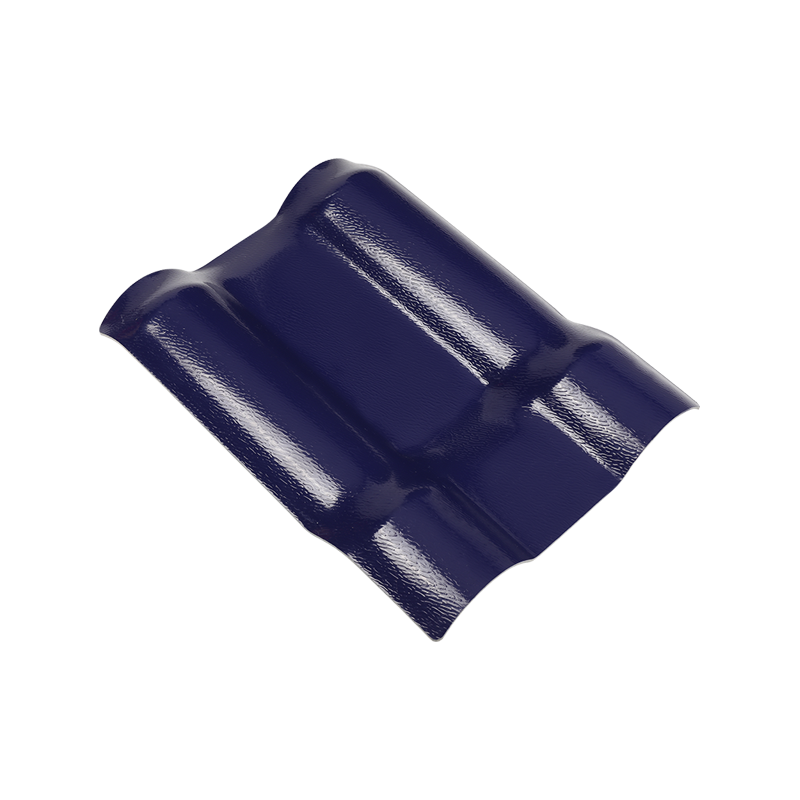
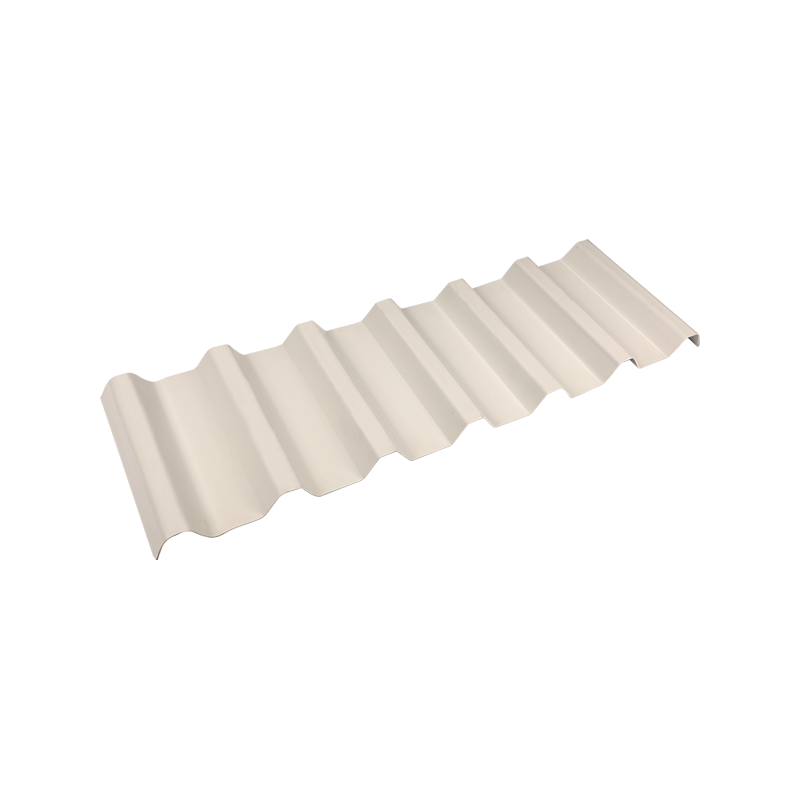
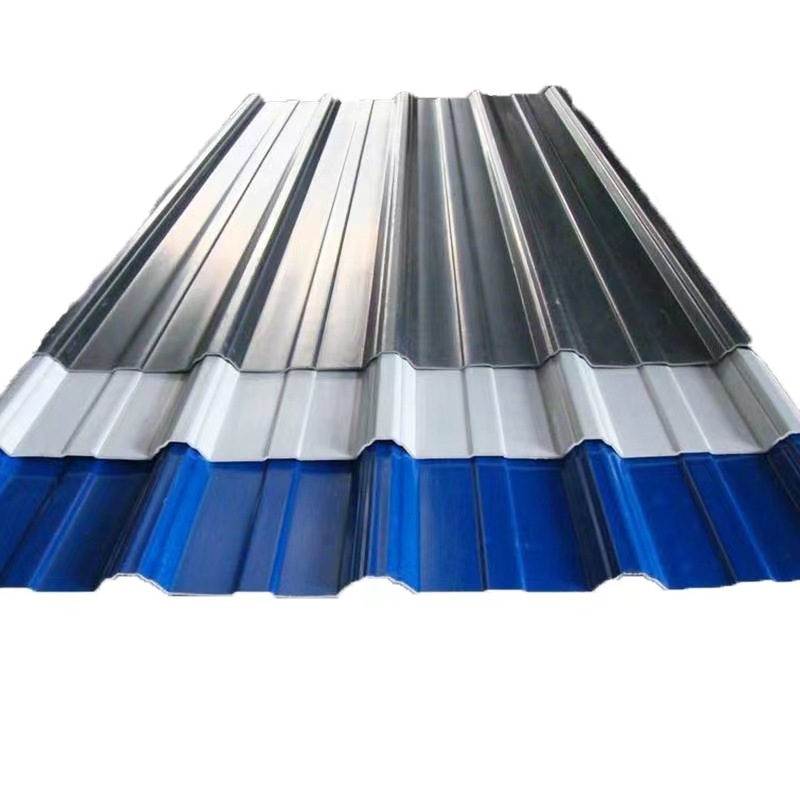
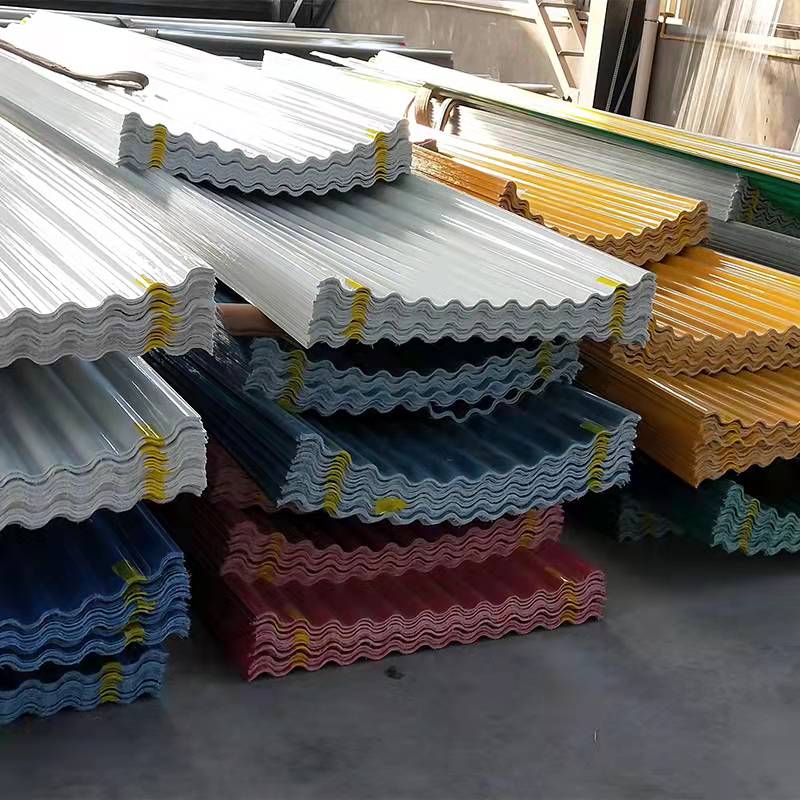
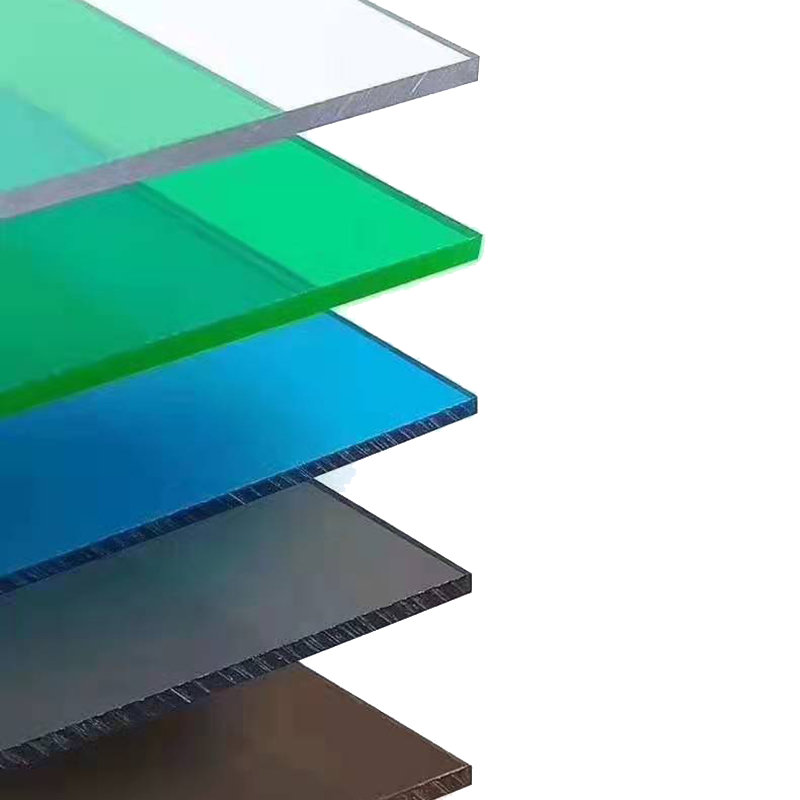
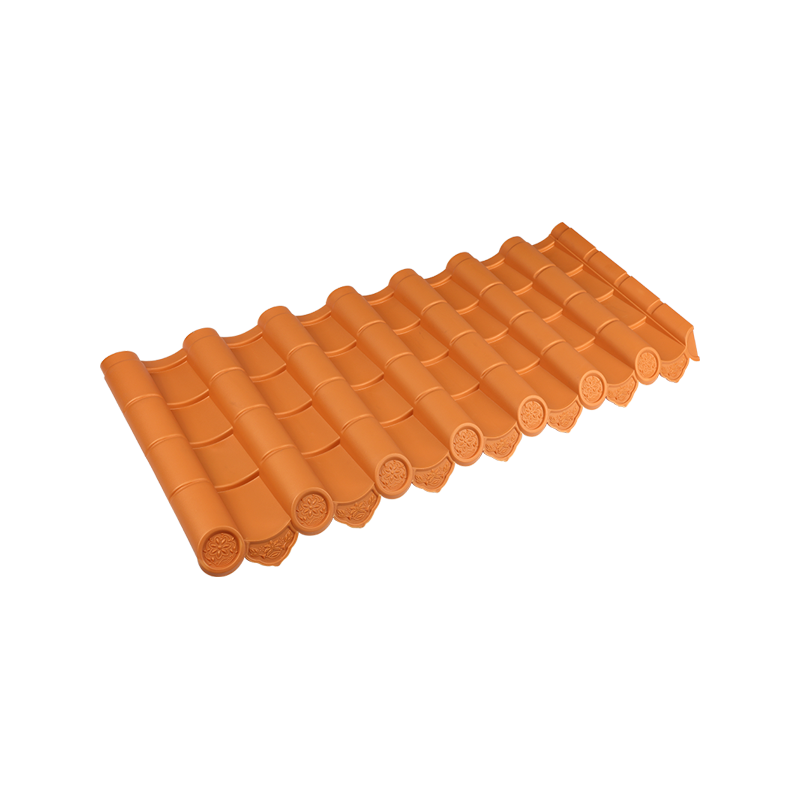
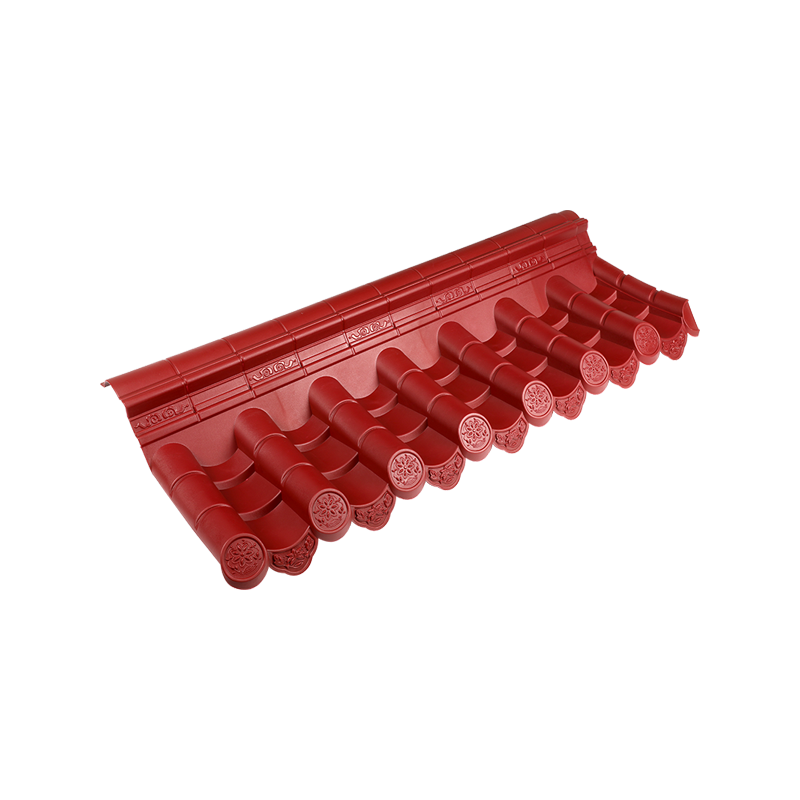


 Email:
Email: Phone:
Phone: Adress:
Adress: